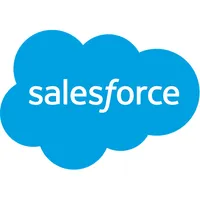What is Salesforce Lightning?
Empower your admins, business users, and developers to work efficiently with Salesforce Lightning.
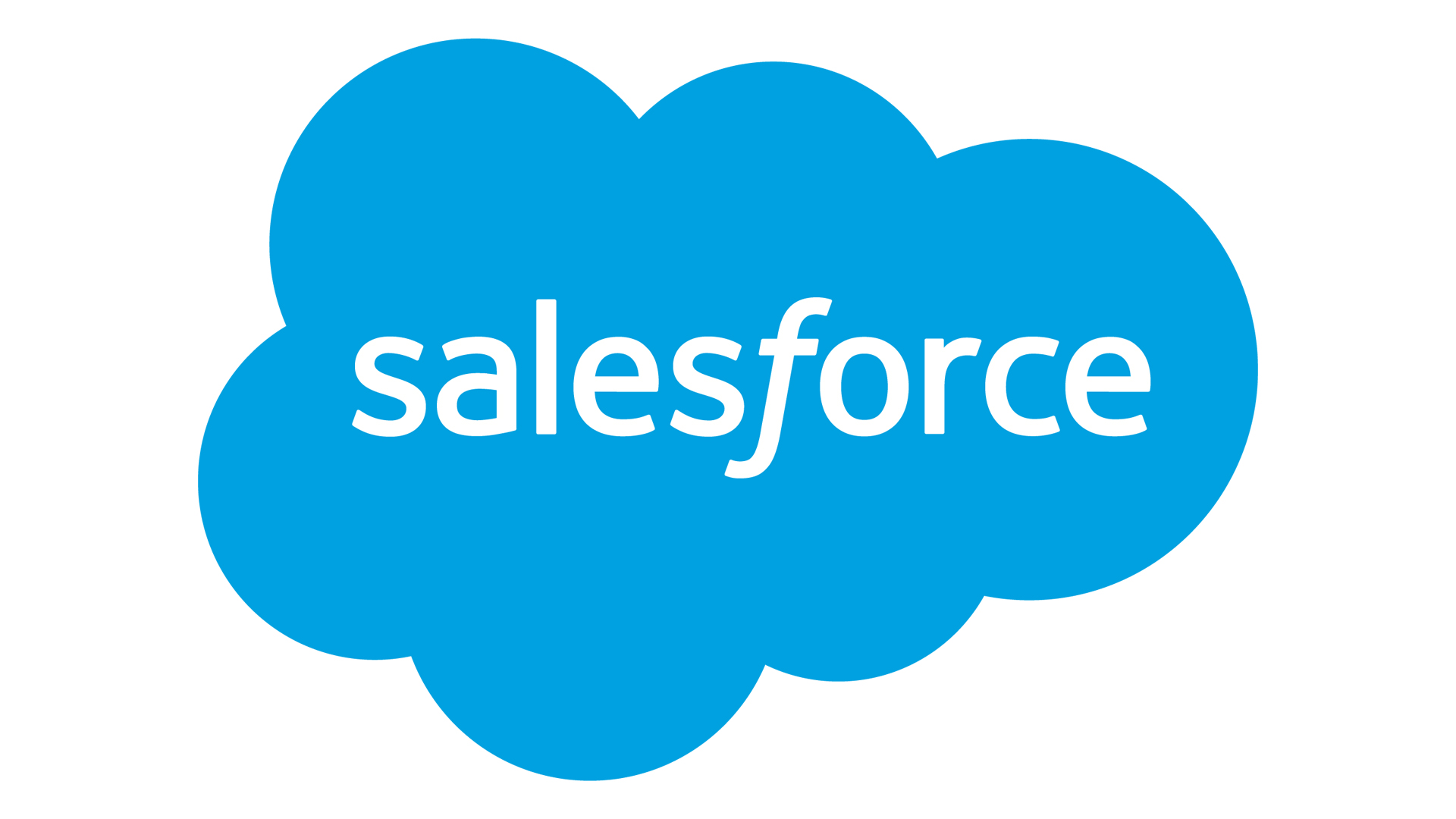
What is Salesforce Lightning?
Salesforce Lightning is the latest iteration of the well-known cloud-based CRM software from Salesforce. It features new and advanced functionalities and an updated, easy-to-use user interface.
What does Salesforce Lightning do?
- Organizations can customize their Lightning interface according to their company branding, including building custom themes, logos, and colors.
- Lightning App Builder enables admins and developers of all experience levels and familiarity with Salesforce to leverage drag-and-drop components along with more advanced customization when building pages and apps.
- Productivity features such as Kanban view and path building enable streamlined processes for sales and customer support teams.
- Improvements to dashboard creation and report-building provide real-time performance monitoring capability with engaging visual design.
- Lightning Design System enables simple processes for building mobile-responsive designs for apps.
- The new activity timeline enables business users to track various activities across accounts, opportunities, and contacts.
- Lightning provides higher levels of security with advanced authentication for permissions and changes to permissions.
- Salesforce Einstein, the artificial intelligence component of Salesforce, provides more detailed insights, activity recommendations, and automation on accounts and opportunities.
Today's best Salesforce deal
Get Salesforce from $25 per user/mo (US-only link)
Salesforce is the CRM market-leader for good reason: it offers a comprehensive suite of customer relationship tools, excellent integration, and unrivalled customization. Follow this link to find out more.
Read our Salesforce Service Cloud review.
How departments can use Salesforce Lightning
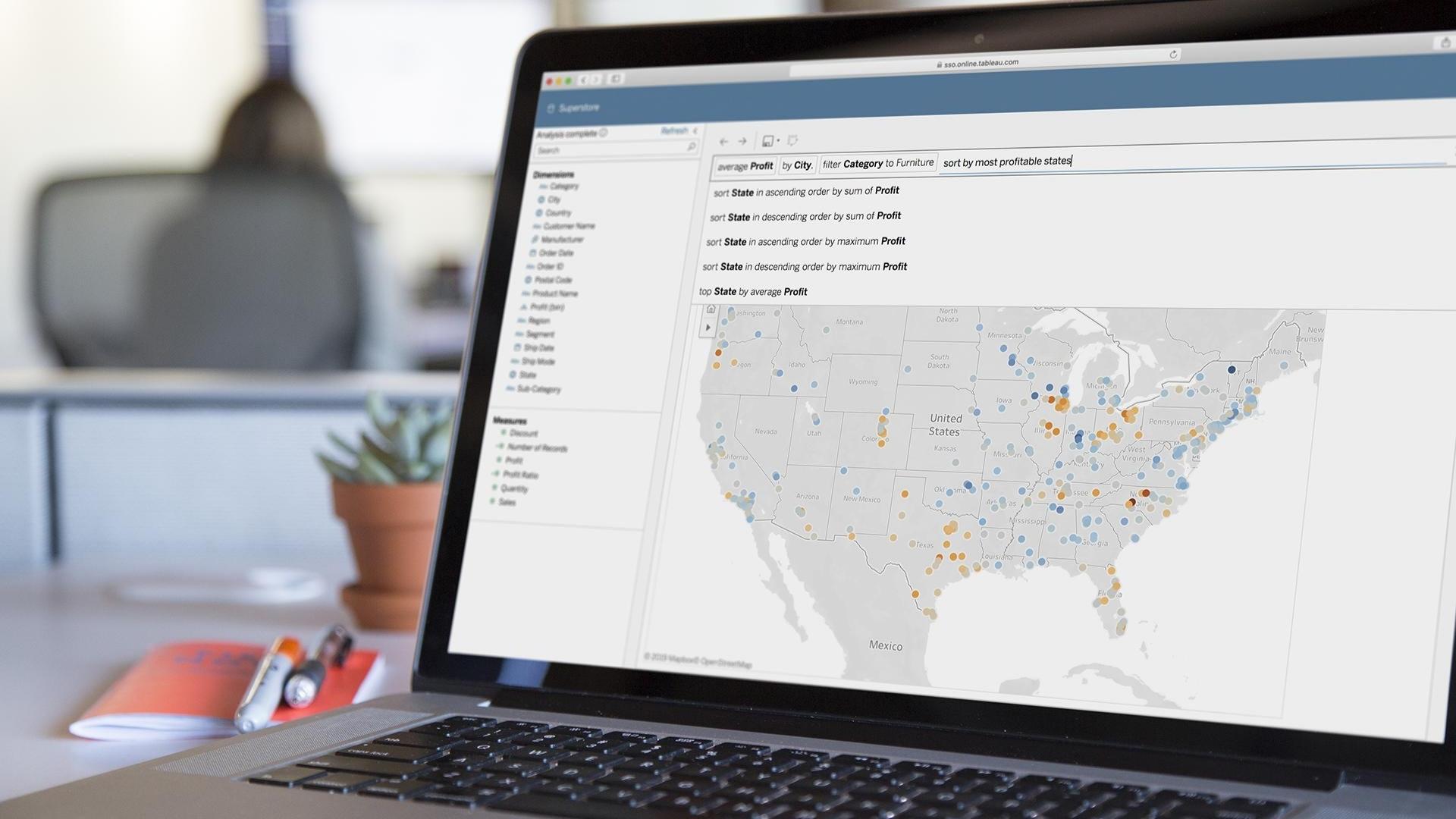
Sales
Lightning provides sales teams with the ability to automate time-consuming lead nurturing tasks, including calls, emails, and meetings. Using the activity timeline associated with accounts and opportunities in the CRM, business users can instantly get a holistic view of the activity history associated with the account, recommendations for next steps, and upcoming automated steps.
Advanced reporting and dashboard creation also enables sales and marketing teams to keep track of performance and progress on KPIs.
Marketing
While they may spend less time operating directly within the platform than other users, marketing teams can leverage Salesforce Lightning to centralize their marketing channels and manage campaigns. But the most significant benefit to marketing by far is the data and insights Salesforce can provide to inform their strategies and tactics.
The scoring feature enables marketing teams to assess the quality of their assets and campaigns. It also provides insights into the quality of leads they are bringing in for the sales team. With this data and feedback, marketing teams can hone their messaging, branding, content, campaigns, and channels for more effective results.
IT designers and developers
Sign up to the TechRadar Pro newsletter to get all the top news, opinion, features and guidance your business needs to succeed!
Part of the appeal of Salesforce Lightning is the ability to build custom pages and apps for your team and customers. Salesforce Lightning provides drag-and-drop app-building capabilities so designers and Salesforce admins can create responsive apps that operate seamlessly across browsers and on mobile. The platform offers out-of-the-box dashboard components which admins can customize according to the organization’s branding.
For skilled developers who want to dive deeper into creating standalone pages or apps, features such as accessibility component markups and the ability to reuse CSS across components make app building quick and simple.
Management
For sales managers, chief revenue officers, or anyone else in the organization who needs access to critical sales and revenue performance data, Salesforce Lightning enables the creation of customizable dashboards. The dashboards can be built for reporting, real-time insights, and forecasting, with a visual design that is easy to interpret at a glance. Sales managers can also use the path builder functionality to create customized workflows for their sales team.
Path builder and guidance allow sales managers to create predetermined steps for sales reps to nurture opportunities effectively and include tips and guidance for recommended activities. Management can also create Paths for many different object types in Salesforce Lightning, including contacts, accounts, campaigns, and orders.
Customer support
With Salesforce Lightning, customer support teams can create and customize a chatbot experience for customers using a feature called Snap-Ins. Through AI technology, much of the chatbot process can be automated, enabling support agents to focus on more complicated requests and issues.
If your organization already has a chatbot created through an external vendor or technology, you can connect and integrate it into the Salesforce user experience.
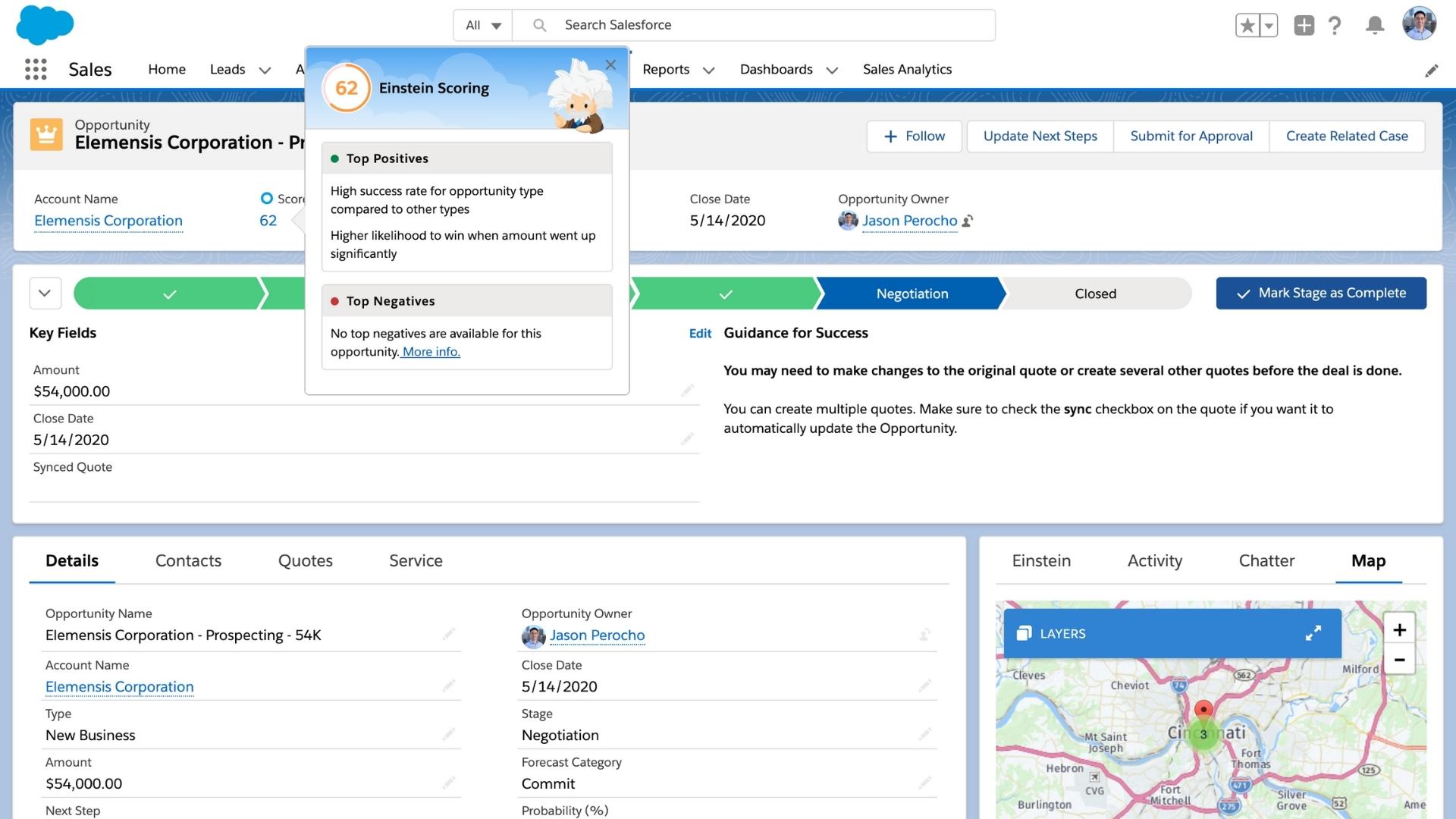
Features and benefits of Salesforce Lightning

The updated user interface of Lightning compared to Salesforce Classic provides a much more clean and straightforward experience for all users, from admins and developers to business users. Not only does this make it a more enjoyable experience and faster to use, but it makes it much easier to onboard and train new employees on your Salesforce processes and workflows.
The simplicity of the design also means that advanced functionalities such as app-building are much more accessible for admins without developer experience.

Building and customizing apps, dashboards, pages, and other components within Lightning is simple and straightforward. Experienced developers have everything they need at their fingertips with elements in Lightning Components.
Meanwhile, designers can leverage best practice guidance in user experience principles through Lightning Design Experience to build user-friendly visual design in their apps. All pages and apps created in Salesforce Lightning are also optimized for mobile and cross-browser responsiveness.

Since Salesforce Lightning is more granular in its activity records than Classic, extracting valuable insights and generating reports has become a whole new experience.
With Lightning, admins and developers can create personalized dashboards and sales forecasting with data that updates in real-time visually. Admins can create these dashboards with visual components that make the insights easy to digest, providing performance and progress reporting that keeps teams on track.

Many Lightning benefits for business users, such as sales reps and customer service agents, come in the form of increased productivity.
Lightning eliminates the need for sales reps to manage multiple channels to view contact or opportunity records or decide which next steps to take. Instead, they can view a complete activity record right within Salesforce, receive guidance on next steps, and automate associated tasks such as emails.

While some AI integration is available in Salesforce Classic, the Lightning version kicks it up a gear. Known as Einstein, the artificial intelligence software provides powerful functionality through Lightning, such as lead scoring and opportunity scoring.
Using data from closed won and closed lost deals in the platform, Einstein can direct your sales reps to the most promising opportunities and your customer support team to the most at-risk accounts.
How much does Salesforce Lightning cost?
The advanced functionality and diverse range of components available in Salesforce mean that pricing can vary depending on the size of your organization, your needs from the platform, and what you choose to add on. For example, personalized support requires an additional fee of 30% of your licensing fee.
As an example, basic Salesforce Cloud plans start at $25 per user per month. This includes all of the fundamental CRM functionality of Salesforce and is ideal for small organizations. After that, pricing is staggered. Higher pricing tiers are $75 per user per month for the Professional tier, $150 per user per month for Enterprise accounts, and $300 per user per month for Unlimited accounts. The functionality, customization potential, and customer support level increase with each pricing tier.
There are no additional charges for using Salesforce Lightning instead of Classic, nor are there any charges to existing customers who wish to transition from Classic to Lightning. New users can try a free trial of the platform to get started.
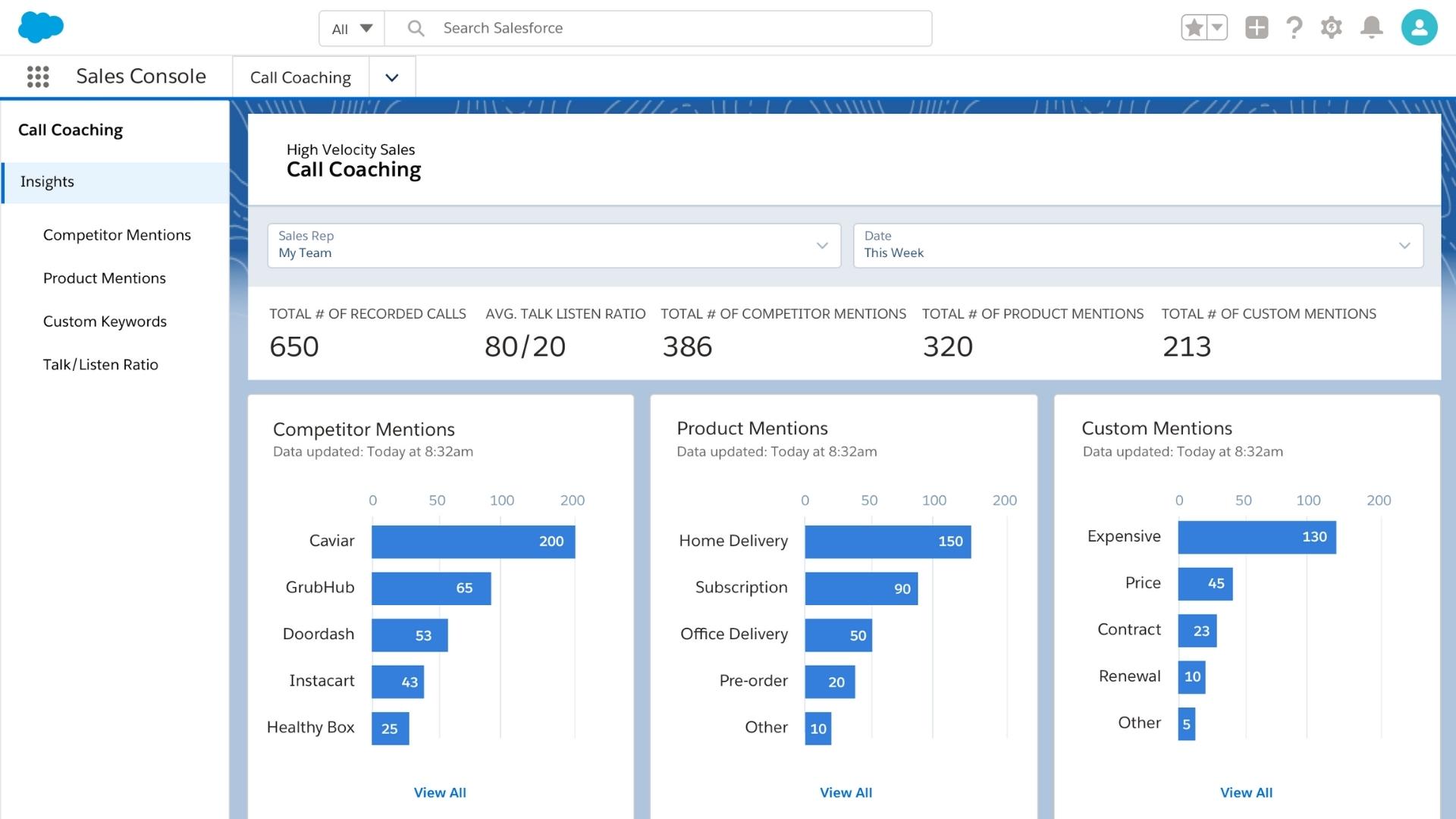
Salesforce Lightning FAQ
The most frequently-asked questions about Salesforce Lightning.
What is the difference between Salesforce Lightning and Classic?
Salesforce Classic is the original user interface associated with Salesforce, and many customers continue to use it. However, since the release of Salesforce Lightning in 2015, users have been able to enjoy a more modern and straightforward interface.
But the changes also include differences in functionality. Lightning provides additional features such as activity timelines, Einstein insights, scoring, and a bot builder. Some familiar functionalities within Classic are still present in Lightning but with an updated interface and often more advanced functionality.
Can users stay on Salesforce Classic?
Salesforce has not announced whether Classic will be retiring or when that might happen. But new users are now automatically set up on Lightning when onboarded to Salesforce, and all users were automatically transitioned to Lightning back in 2020. The option still exists to revert to Salesforce Classic.
However, Salesforce has retired many different functionalities within Classic and is likely to continue doing so.
What is included in Salesforce Lightning?
Salesforce Lightning is the umbrella term for the entire Lightning suite of products and add-ons. Under that umbrella are several different instances of Salesforce, all used for various aspects and benefits that the software offers.
Companies can choose to buy licenses for Salesforce Cloud, Tableau Analytics, Platform and more depending on the depth of functionality and customization they need from the software and their budget flexibility.
Does Salesforce require coding?
It depends on what you’re trying to do within the software. For admins and business users, Salesforce does not require any coding or any knowledge of coding. However, higher levels of customization within the platform and the building of custom apps will need the involvement of a developer.
The benefit of Salesforce Lightning is that developers can make custom app building simple and repeatable for admins, lightening the workload associated with custom apps.
What coding language does Salesforce Lightning use?
Lightning doesn’t require any coding knowledge or experience to use. It follows the Salesforce “click, not code” philosophy by allowing admins to drag and drop customizable components rather than coding from scratch. The app components within Lightning are made from custom HTML elements and JavaScript.
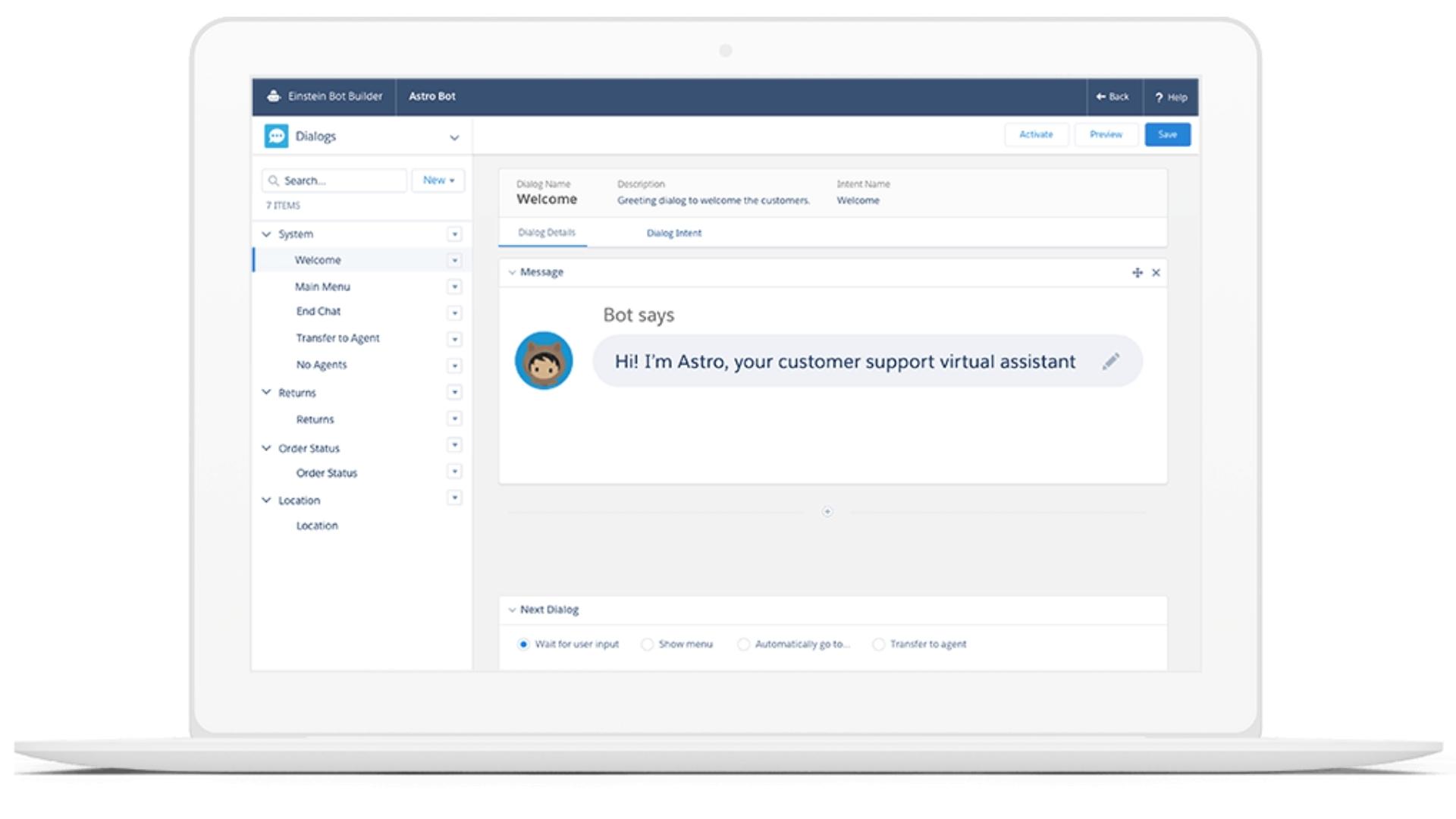
Main takeaways
- Features such as activity records and automation enable Salesforce Lightning customers to dramatically improve their organization's productivity when it comes to customer relationships.
- Artificial intelligence within the platform provides real-time performance dashboards so users and admins can get instant insights into targets, performance, and forecasting.
- The development and customization of Salesforce apps are made simple for admins and streamlined and faster for developers and designers.
- Salesforce Lightning provides many extra functionalities and benefits over Salesforce Classic. But customers and new users will not pay any extra to use Lightning or transition to it from Classic.
- Pricing depends entirely on the products and functionality users require from the platform, but free trials are available to get started.
Further reading
If you’re just getting familiar with Salesforce Lightning, check out this review of Salesforce Cloud to get further insight into the benefits Salesforce can bring as a CRM. For those who are evaluating CRM options in general, take a look at the best crm software of 2021.
Lauren holds a degree in marketing from Griffith College, Dublin, and brings more than five years’ experience as a marketing services advisor and marketing executive to her writing. An expert in SEO, copywriting, email marketing, analytics and more, Lauren has worked for the likes of the Bank of Ireland, Irish Stock Exchange, and the Yellow Pages.
